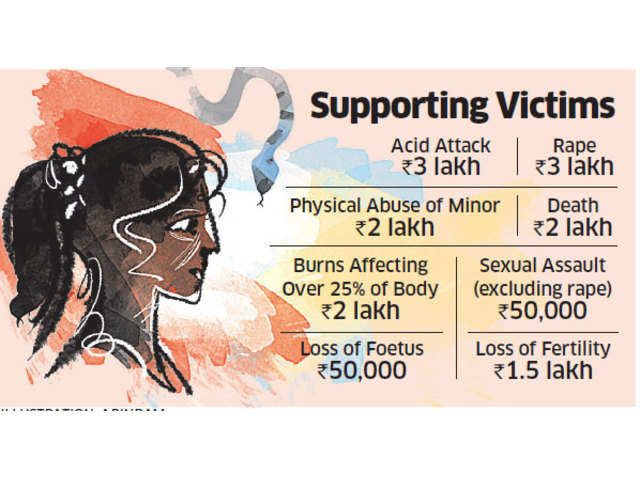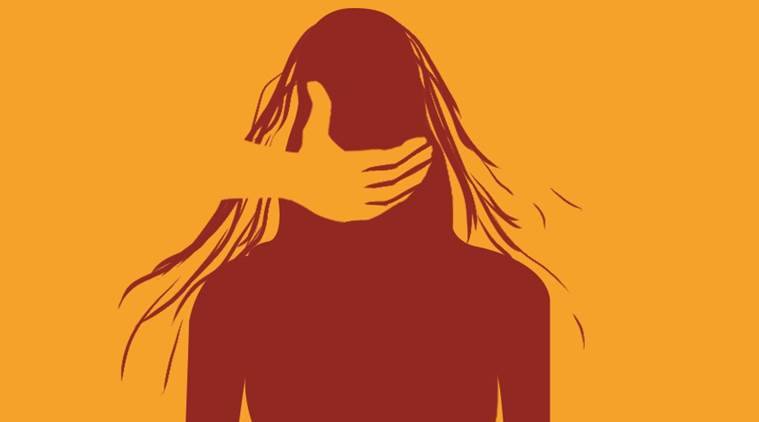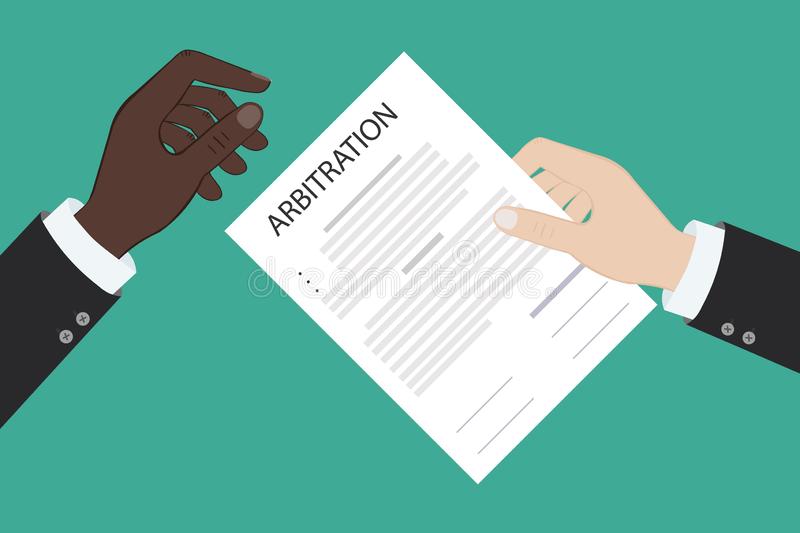Uniform Victim Compensation Scheme a necessity - Analysing the landmark case of Tekram

Tekan Alias Tekram v. State of Madhya Pradesh,
CITATION: (2016) SCC OnLine 131
FACTS: In the present appeal, the appellant was aggrieved by the Judgement and Order passed by the High Court of Chhattisgarh who reaffirmed the judgement passed by the Trial Court where the accused was convicted under Sec.376 of I.P.C for raping a blind illiterate girl. The victim was living with her father and three brothers in the village. The appellant was a friend to one of the victim’s brothers who befriended her during his frequent visit to their place and started developing sexual intercourse with her in the promise of marriage. On one such development, the victim became pregnant & urged the appellant to marry to which he declined. The victim’s father took the matter before the village panchayat where the accused accepted his crime but refused to marry her & hence the matter was taken to the Trial Court where he was convicted under Sec.376 I.P.C after examining all the evidence. Aggrieved by the same, the appellant appealed before the H.C which reiterated the same. And hence, this appeal lied.
ISSUES RAISED
- Given the facts and circumstances of the case, whether the prosecutrix is entitled to victim compensation?
- What should be the extent of such entitlement to compensation as per the victim compensation scheme?
RULE
- Sec.357 of CrPc is a provision that provides for compensation to the victims of crimes. Section 357 makes a general provision for compensation applicable to all cases other than those provided in sec.357A & 357B.
- Sec.357A of CrPc was added to the Code through the 2008 amendment act which aims to provide the State Government in harmonization with the Central Government to formulate a “victim compensation scheme” for the purpose of compensation to the victim or his dependents who have suffered loss or injury as an outcome of the crime.
- Sec.376 of I.P.C, provides for the punishment for the offence of Rape.
ANALYSIS
Tekan Alias Tekram v. State of Madhya Pradesh is a well-known case decided by the Supreme Court in terms of stressing upon constructing a uniform scheme for providing victim compensation for rape/sexual subjugation with physically disabled women as required by law, bearing in mind the scheme framed by the State of Goa for rape victims. After upholding the conviction and sentence of the accused, the Supreme Court while examining the issue in hand highlighted that-
- The victim was physically disadvantaged (blind) and on being in a socially disadvantaged position, she was sexually exploited by the accused to commit fraud and rape under the garb of promising marriage. In absence of family support emotionally and financially, the Court was of the view that since she was not able to manage the lump sum money as compensation for rehabilitation on her own, the Court directed the State of Chhattisgarh to pay a sum of Rs.8000/- per month as victim compensation till her lifetime.
- The Court in a review of the victim compensation schemes across different states and union territories stressed the discrepancy in the amount of compensation decided by the state under their victim compensation schemes in rape cases. The court affirmed that there is no uniform scheme being followed in providing compensation to the rape victim for the offence and her rehabilitation. The practice of providing different compensation amounts for the offence of rape under sec.357A needs to be introspected by all the states and UT’s & shall formulate a uniform scheme for providing victim compensation with respect to rape/sexual exploitation with the physically handicapped women as required.
- The SC also laid emphasis upon the scheme formulated by the National Commission for Women who were asked to evolve a scheme to rehabilitate the unfortunate victims of rape by the SC. The application under this scheme will be in addition to any application made under sec. 357, 357A of CRPC wherein a maximum of Rs.3 lacs can be given to the rape victim for relief and rehabilitation in cases such as the present one who requires specialized treatment and care.
Indian Precedents: In Ashwini Gupta v. Govt. of India, the Delhi HC stated that merely punishing the accused cannot restore the dignity and solace of the victim’s family & since rape cases are cumbersome judicial process, compensation of sec.357 would be an effective remedy. [1] In the Serina Mondal case, the Calcutta HC stated that a victim is granted compensation under sec.357A because the fundamental right to life is violated and denying or delaying compensation would raise gross inhumanity on the victim. [2] In Karan v. NCT of Delhi, the Delhi HC reiterated that it is a mandatory duty cast upon the Courts to apply its reasonable mind when it comes to the questioning of victim compensation under Sec.357 of CrPc. [3] The SC in the Nipun Saxena case found it appropriate for the National Legal Services Authority to set up a committee to prepare model rules for victim compensation and acid attacks[4].
Taking a global perspective on this matter, very recently, in Bangladesh, a youth was sentenced to jail for raping a visually impaired woman.[5] Regarding the compensation matter is concerned-
- As per the Criminal Law of the PRC (China), article 31 states that where a victim has suffered economic loss because of a criminal act, shall receive compensation for their economic loss. [6]
- The Victims of Crime Act formulated by the US established the VOCA Fund that provides financial assistance to victims of crime through state-based compensation programs.[7]
CONCLUSION
Disabled people tend to be more vulnerable to victimization because of their inability to fight back or testify to the victimization. Sec.357A was added to the Code to address the lacuna in Sec.357 by focusing upon the objective of rehabilitating the rape victims. Realizing how grave the crime of rape is, this provision was added with the intention that the amount imposed should be adequately effective to meet the medical expenses during treatment and rehabilitation of the victim.
[1] Ashwini Gupta v. Govt. of India, 2005 SCC OnLine Del 20 : (2005) 117 DLT 112.
[2] Serina Mondal v. State of W.B., 2018 SCC OnLine Cal 4238.
[3] Karan v. NCT of Delhi, 2020 SCC OnLine Del 775.
[4] Nipun Saxena v. Union of India, 2018 SCC OnLine SC 2439.
[5] ‘Man held for raping blind woman’, (“https://www.thedailystar.net/news/bangladesh/crime-justice/news/man-held-raping-blind-woman-2120081”, 29 June 2021).
[6] The Protection and Remedies for victims of crime and abuse of power in China, Geo-Feng Jin.
[7] Victims of Crime Act, (https://www.rainn.org/articles/victims-crime-act, RAINN).




Comments ()